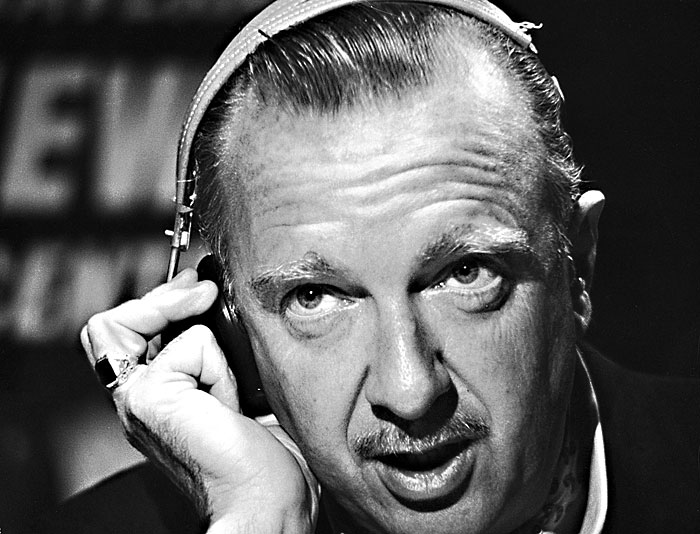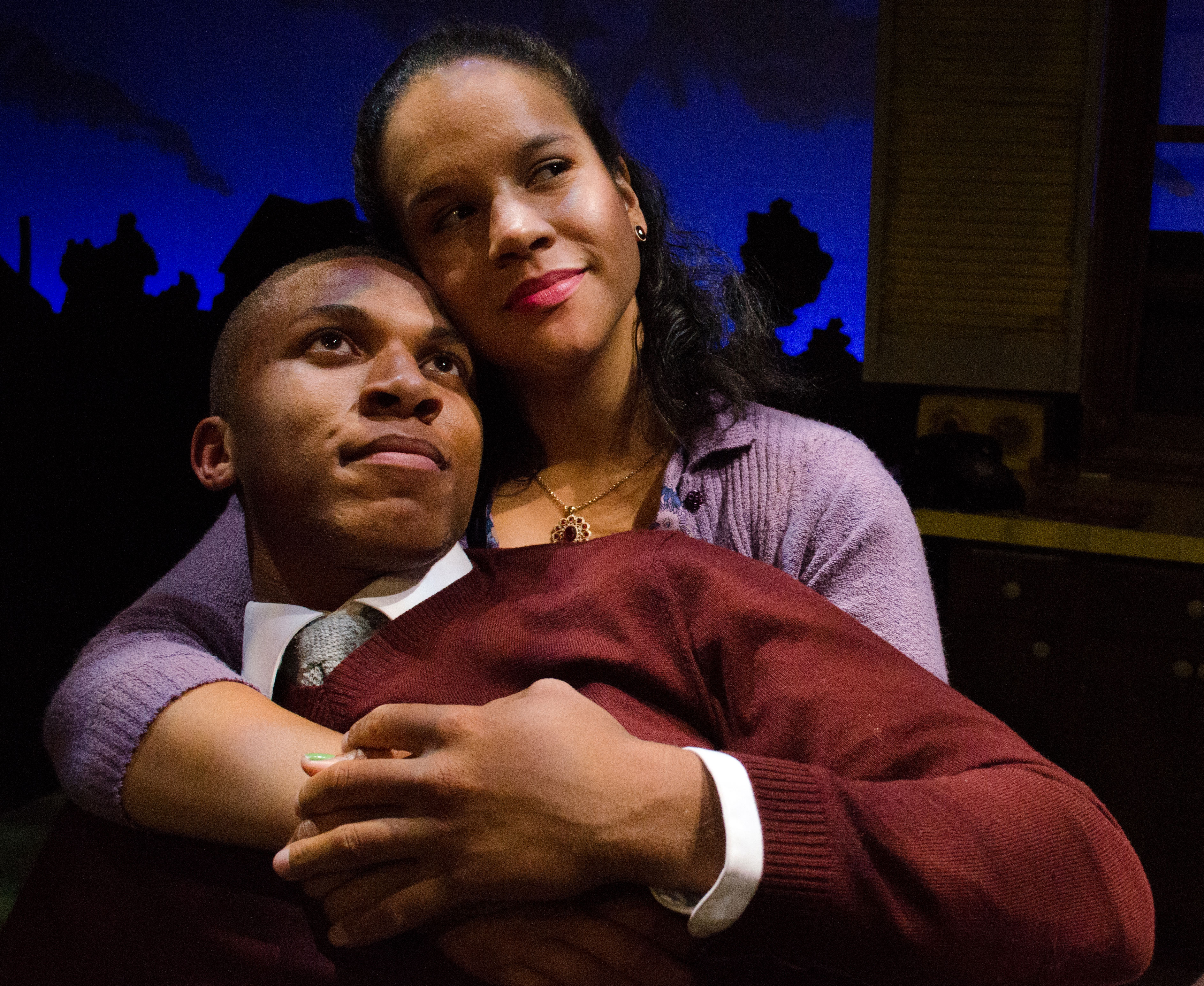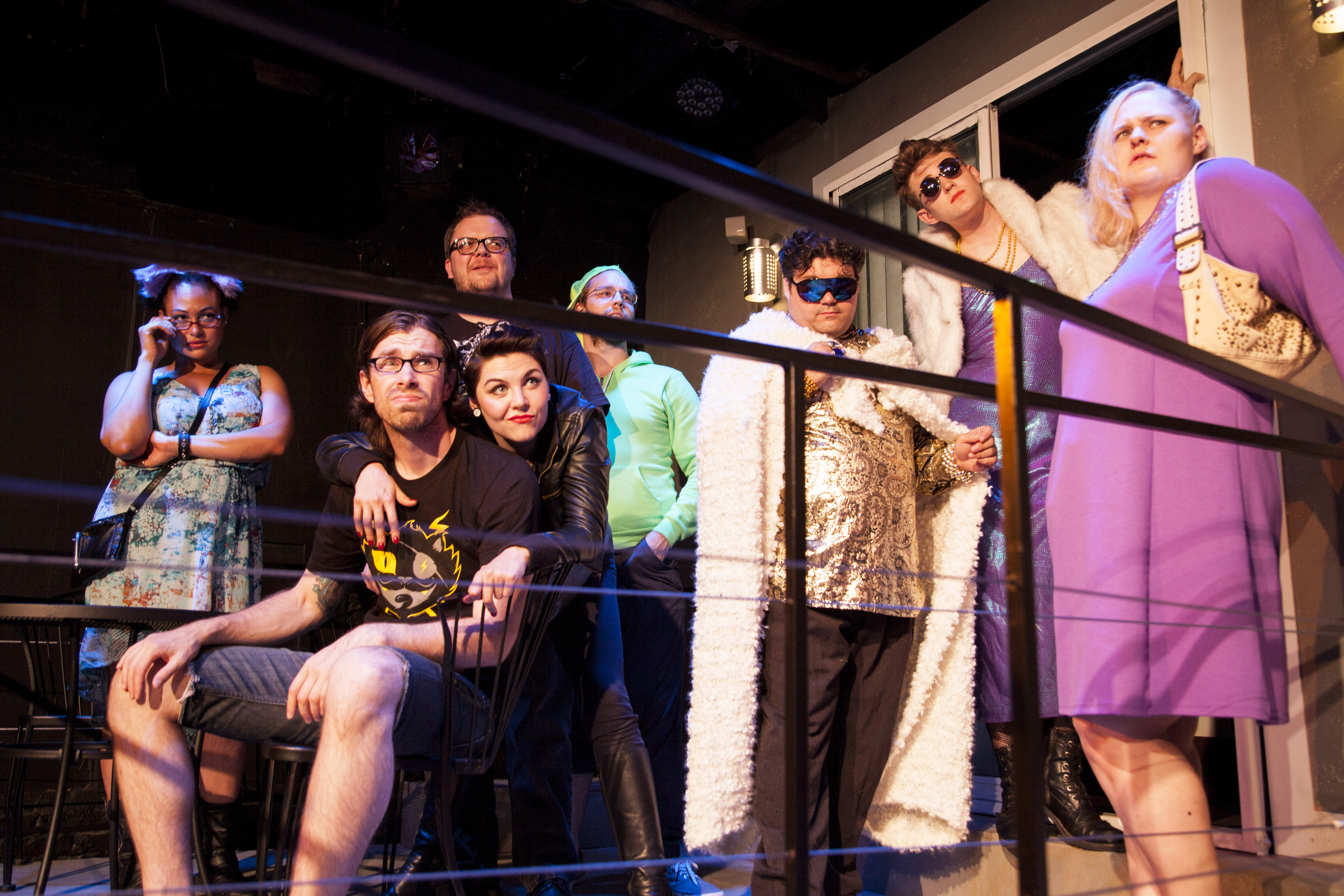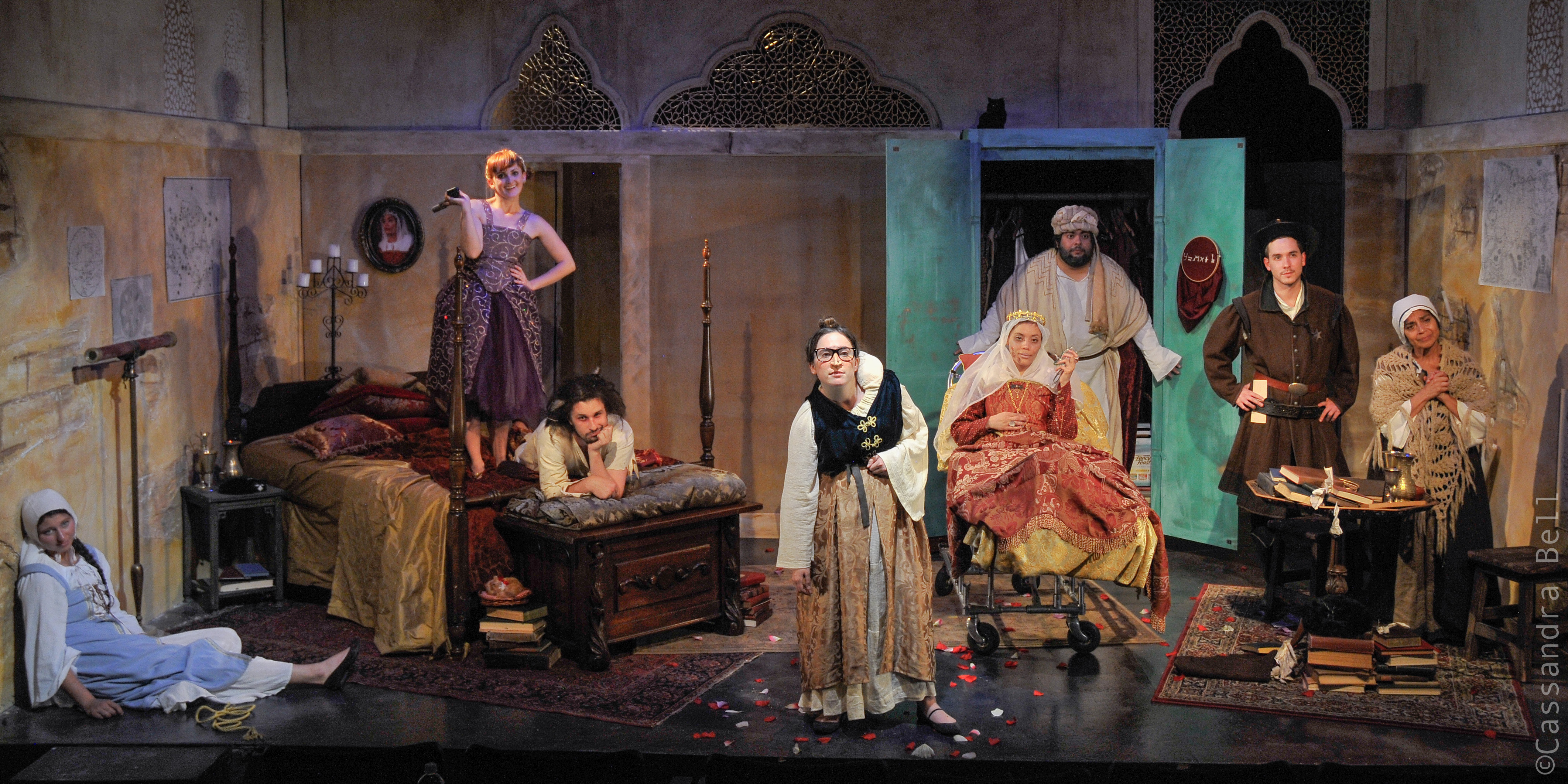I met Walter Cronkite while Christmas caroling in Austin at his daughter’s home sometime in the mid-’80s. He had left the CBS anchor chair some years before, and his daughter Kathy and I had been friends for several years already. The Ikard/Cronkite household (Kathy and her husband are divorced now, sadly) was always abuzz at the holidays, with former LBJ officials, media folks, and political figures coming and going as if that place was a stop on some celebrity bus tour.
Kate always made sure to put Walter with me. This first time, she paired the two of us with an Austin luminary named John Henry Faulk together, handing us each a battered hymnal with tunes like “O Holy Night” and “God Rest Ye Merry Gentlemen.” I knew Faulk as a raconteur who’d been blacklisted by McCarthyites in the 1950s, but who’d survivedhis ordeal to win what was at that time the largest monetary judgment in the history of American jurisprudence.
Everyone knew who Walter was.
He was not the kind to draw attention to himself, with his owlish eyebrows (maybe he and Andy Rooney had a pact to see whose could get bushiest), slight stoop at the shoulders, and easy deep chuckle. I was over the moon to have these two fellows on each arm, but I noticed pretty quickly that while John Henry was chirping away with a gleam in his eye, Walter was often murmuring, and staring at me. Intently.
Once we were back inside, I took Kate aside and asked why the hell her esteemed dad was giving me the stinkeye. She laughed. “He’s just hard of hearing, Kevin. He’s reading your lips.”
Over the years, I was a frequent visitor to their place, and became knownbriefly as “that guycarrying Buck on his shoulders all the time.” Buck, now Will, is the eldest of Kate’s two sons, and for awhile we even talked about me becoming a sort of manny for him, since I was freelancing from homeanyway. Through the years, Walter would visit from New York, often with his wife Betsy at his side. At Kate’s invitation, my partner and I became part of their urban family Thanksgivings. We’d bring a dish and some wine, and inevitably she’d sit me next to Walter, because she knew I couldn’t get enough of interviewing the most famous interviewer I was ever likely to meet.
One particular Turkey Day he sat down, placed a napkin over his lap, and looked up with an expression of glee. “So,” he said, “I hear you’ve got a terrific book you’re working on. Tell me about it.” I proceeded to explain how I wanted to trace black and white race relations in America through the conversation we’ve been having in music, from the 1600s to today. Cronkite would take a bite, look down, chew, look up, and nod. “Ambitious. I like it,” he said. “Let me know if there’s anything I can do to help.”
Ultimately, Walter provided an invaluable reminiscence of Kansas City in the 1920s, a town brimming with the nascentsounds of jazz that had justjumped off the boats from New Orleans. It was also a town thrumming with booze, corruption, and racism, and Cronkite remembered it all as if it were yesterday.
Cronkite left the evening news in 1981, not long after the shootings that wounded Pope John Paul II and Ronald Reagan and less than a year after the ones that killed Anwar Sadat and John Lennon. What he took with him is incalculable, because there isn’t a journalist working today who so successfully appears to be impartial. Even Brian Williams displays more personality than Walter ever felt comfortable projectingon a program he was certain wasn’t about him.
I can still remember the time we sat talking about his recently published autobiography, A Reporter’s Life (1996). So many people up and down the journalism food chain had interviewed him about his life and career. They’d gone over the highlights a jillion times. I wondered if there was anything I could ask this fellow that hadn’t already been repeatedly run into the ground. So I asked: In all the opportunities he’d had as a journalist and a broadcaster, was there one interview that got away?
A slow, knowing grin crept across his face. He dabbed his lips with his napkin, and looked me right in the eye. “I’ve always regretted I never got a chance to interview Hitler,” he said. “Always bugged me.”
He replaced his napkin in his lap and turned back to me with a smile. “No one’s ever asked me that, Kevin. Good for you.”
Kevin Phinney reviews theater for this paper and is the author of Souled American: How Black Music Transformed White Culture.








